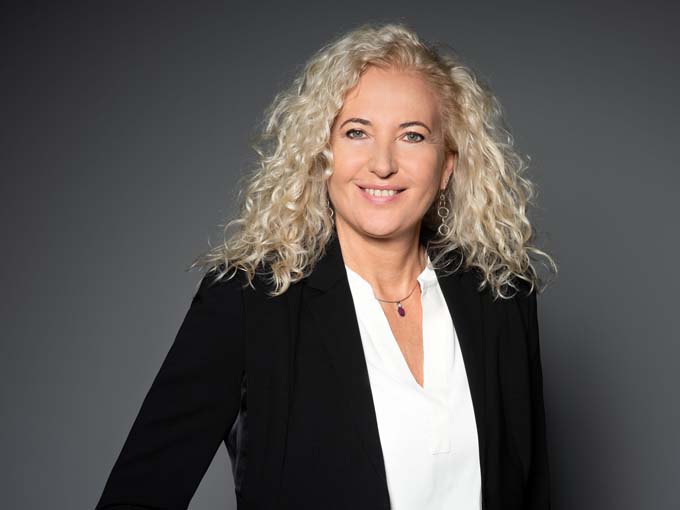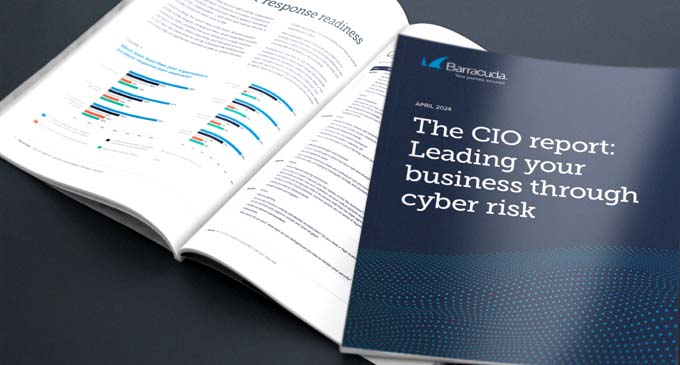AI development has reached its tipping point
Artificial intelligence has definitely arrived in the consumer sector with ChatGPT. The opportunities offered by the technology are now finally becoming apparent - but so are the dangers if it falls into the wrong hands. Here is a new commentary by Andrea Wörrlein, Managing Director of VNC.

We are witnessing something like the ignition of the second stage of Artificial Intelligence. With the spectacular emergence of ChatGPT, it has arrived in the consumer space: AI is now usable by everyone. It has thus reached a stage that is typical for the adaptation of groundbreaking technologies. The car experienced the breakthrough to a vehicle suitable for the masses around 100 years ago with the invention of the starter motor and Henry Ford's assembly line production; the computer became a private consumer item in the early 1990s thanks to Gordon Moore's famous law and the availability of ever smaller, more powerful and cheaper components. And now AI.
Arrived at the tipping point
Autocrats, military leaders, intelligence agencies and tech companies are excitedly kicking up their heels and dreaming of unimagined power options and profit margins. That may be their job, but it's certainly our job to keep an eye on them - and, if necessary, to give them a good rap on the knuckles. Because they're right about one thing: artificial intelligence has what it takes to turn everything upside down. The term "disruption," which has been used so inflationarily in recent years, doesn't come close to describing its innovative explosive power. The question is whether we will let it happen to us. In his latest book, political scientist Herfried Münkler, professor emeritus at the Institute of Social Sciences at Humboldt University in Berlin, describes the greatest danger for liberal democracies: growing passivity, indifference and disinterest in the political process among the population. Fatally, this also applies to the critical approach to new technologies - and ends in fatalism. If self-organizing drone swarms hunt for people via face recognition, it's too late, there's no turning back.
AI: Every potentate's wet dream
AI has the potential to develop into probably the greatest assault on individual freedom as we have experienced since the end of World War 2. The taming and shackling of war has become an existential task for mankind in the truest sense of the word, at the latest since the first atomic bomb. Nor should the control of AI development and application be left to IT experts, the military and corporations, i.e. to the supposedly free play of forces and markets with their hypertrophic momentum. There is far too much at stake for that. We would not let a hungry pride of lions decide whether to ban the hunting of gazelles. To put it disparagingly: AI is every potentate's wet dream. As I said, it is about nothing less than our freedom and self-responsibility as individuals. Granted, it would be the first time in history that a new technology would not be perverted. But if we no longer had the optimism to finally cut this knot, we might as well put the slavery ring on ourselves. Technology has to serve people, not the other way around.
Helplessly at the mercy of dynamics?
Perhaps the most depressing thing about the current situation is the helplessness with which we face its dynamics. What effect is the moratorium called for by the AI expert group around Elon Musk supposed to have? Six months of forced vacation for developers? And what should happen in the meantime? Neither despots nor greedy corporations will let this stop them. And we can't expect any help from politics. Anyone who lets even the German cloud (Gaia-X) degenerate into a laughing stock that is hushed up has sufficiently documented his incompetence when it comes to IT. And even if they were, what could Switzerland, Germany or Europe do? We are already miles behind and prefer to breathe short shrift. A gloomy scenario.
Author:
Andrea Wörrlein is Managing Director of VNC in Berlin and a member of the Board of Directors of the VNC AG in Zug. VNC is a global software company that develops open source-based applications for communication and collaboration in large enterprises.









